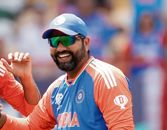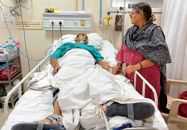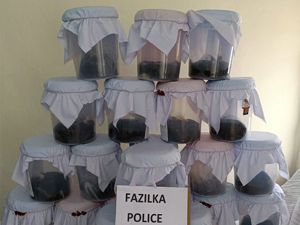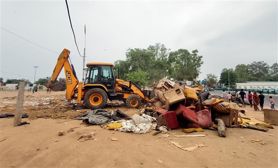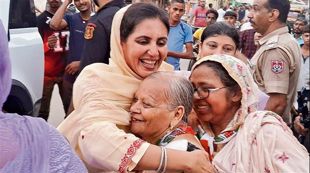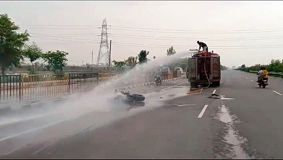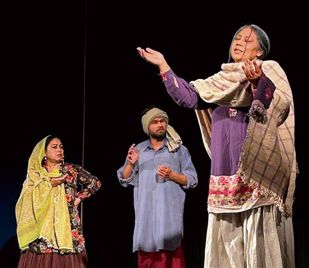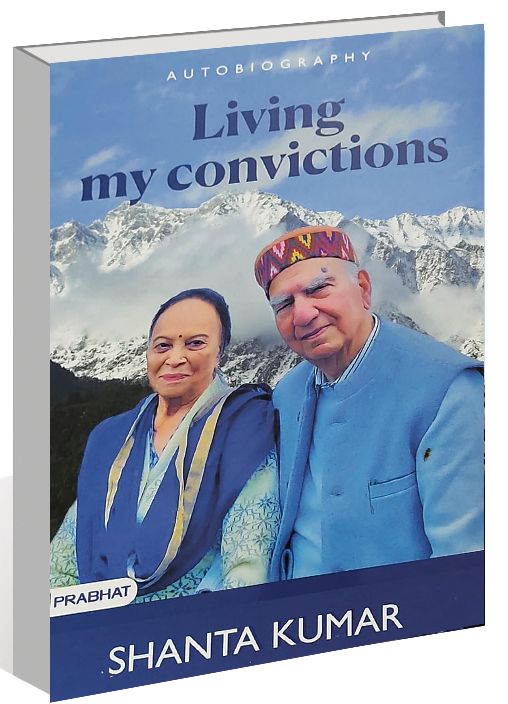
Living My Convictions by Shanta Kumar. Prabhat. Pages 398. Rs 750
Radhika Ramaseshan
Shanta Kumar was part of a quartet of Chief Ministers with Bhairon Singh Shekhawat (Rajasthan), Kalyan Singh (Uttar Pradesh) and Sunderlal Patwa (Madhya Pradesh) whose ascendancy in their states marked the BJP’s first big surge in national politics. Like his peers, Kumar was elected as the Himachal Pradesh Chief Minister on the back of the sentiments and passions unleashed in north and western India by the Ayodhya temple movement.
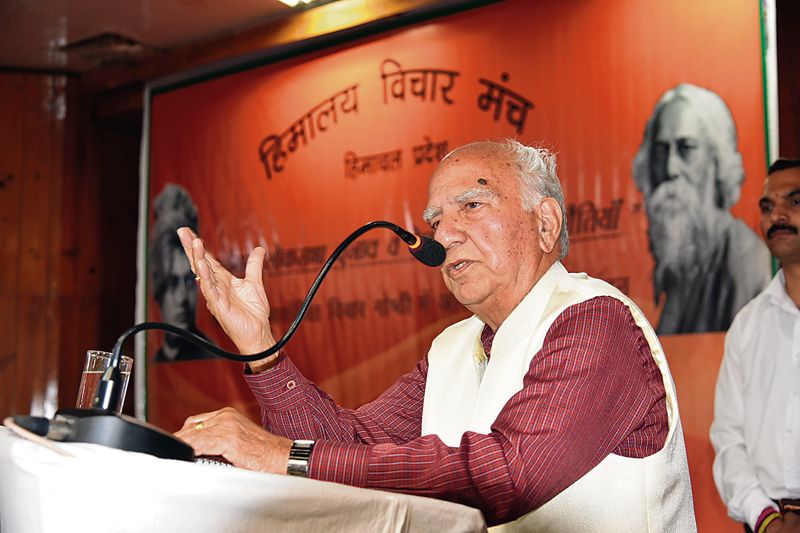
The four leaders visited the “disputed” site of the Babri mosque in 1991 as if to pay obeisance to the functioning Ram temple there. Himachal holds a special place in the annals of the temple-mosque saga. The BJP’s national executive committee passed a resolution at its meeting in Palampur, Kumar’s hometown, in 1989, expressly affirming its commitment to construct a Ram temple on the site of the mosque.
Unluckily for Kumar, both his stints as the Chief Minister were truncated: the first government (1977-80) was felled by the internal squabbles rocking the Janata Party, of which the Bharatiya Jana Sangh, the BJP’s predecessor, was a part, and the Congress’ successful machinations. The second (1990-92) was dismissed after the demolition of the mosque by the then Prime Minister PV Narasimha Rao, for whom Kumar had deep admiration.
Now consigned to the BJP’s “marg darshak mandal”, a euphemism for a political retirement home, Kumar has written a no-strings-attached autobiography with a startling frankness that is impossible to expect from a BJP leader in the present times, and from one who travelled the journey from the RSS and the Jana Sangh, an entity that once existed on the fringes and metamorphosed into the world’s largest political party. It was a hard passage for Kumar, characterised by diffidence, diligence, attention divided between politics and domestic calling, success, the pulls and pressures of power politics that came with growth, and despondency.
Kumar reveals he was unhappy with the demolition on December 6, 1992. “No one gained anything from this. For the first time in history, Hindutva was blamed for demolishing a mosque. We were always so proud of the fact that India had never attacked another country, nor had it ever destroyed any place of worship of any religion,” he writes. Today, the BJP is swaddled so heavily in hardcore Hindutva, manifesting as pure hatred and vicious militancy towards the minorities, that Kumar might sound anachronistic.
The ambience was no different then. He recalls that at a working committee meeting at Bhubaneswar held before the fateful day in 1992, he tried to sound caution on what might happen when lakhs of “kar sevaks” congregated at Ayodhya. He was cut short and berated by a colleague, KL Sharma.
Kumar implies that Narasimha Rao, who spoke separately to him and Shekhawat, Kalyan Singh and Patwa, proposed building a temple at Ayodhya but outside the “disputed” site. The CMs talked among themselves and agreed with Rao’s suggestion. Atal Bihari Vajpayee too endorsed it but counselled the CMs to speak with LK Advani, who piloted the “Ram rath yatra” and was the Lok Sabha Opposition leader. “Advaniji heard us and right away refused angrily...” writes Kumar.
Ayodhya was possibly not the real test of Kumar’s conviction because he had ratified the Palampur resolution. His certitudes came into play on other occasions. Having won two Assembly seats and a Lok Sabha seat before the state polls, he resigned from Parliament and gave up one Assembly seat as per the rules. Given the primacy of his contribution in raising the BJP in Himachal, his state colleagues insisted that he must seek a ticket for his wife, Santosh Shailja, from Kangra, his constituency, as a “reward”. Kumar rebuffed the idea, saying a “karyakarta” was more entitled to the seat than a family member.
He explains his resignation from the Vajpayee Cabinet in 2003 in poignant detail. He was asked to take charge of the Rural Development ministry after the incumbent, M Venkaiah Naidu, was anointed as the BJP president. Among the first decisions, he discovered, was an allegedly disproportionate amount of money, in excess of the allotted sum, given to Andhra Pradesh. Kumar’s efforts to raise the issue with the other ministers were obstructed.
Coincidentally, at the same time, the BJP lost the elections in Himachal. The buck stopped at Kumar’s door because he had accused the BJP government, headed by Prem Kumar Dhumal, of corruption. Vajpayee asked him to resign. “His (Vajpayee’s) nature was such that he never used to be persuasive about his opinion... and pushing his own agenda,” writes Kumar.
Penned with ease and felicity, Shanta Kumar shares heart-warming episodes and moments spent with his late wife, who comes across as a pillar of support, his mother and his children.
Right now, the market is flooded with books on the BJP. However, for an authentic and elaborate understanding of the party’s trajectory, this work from an important insider stands out.
Join Whatsapp Channel of The Tribune for latest updates.







